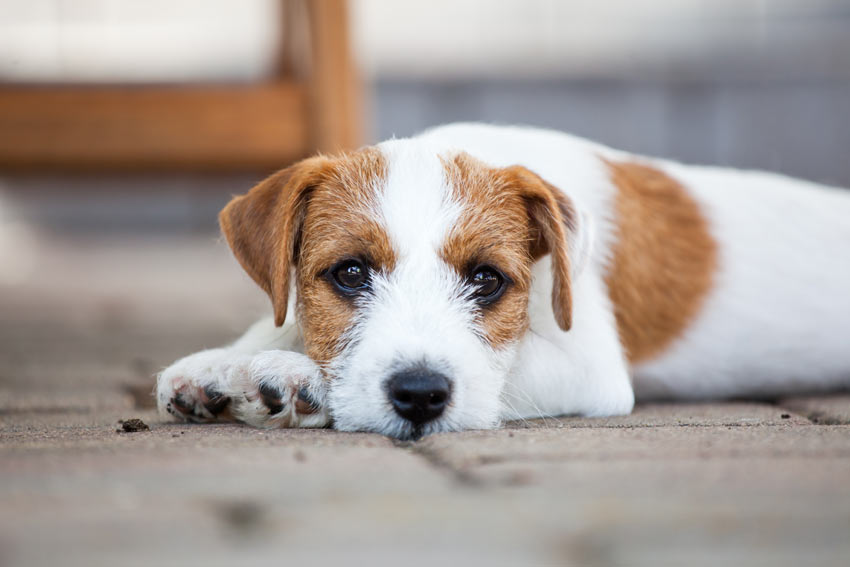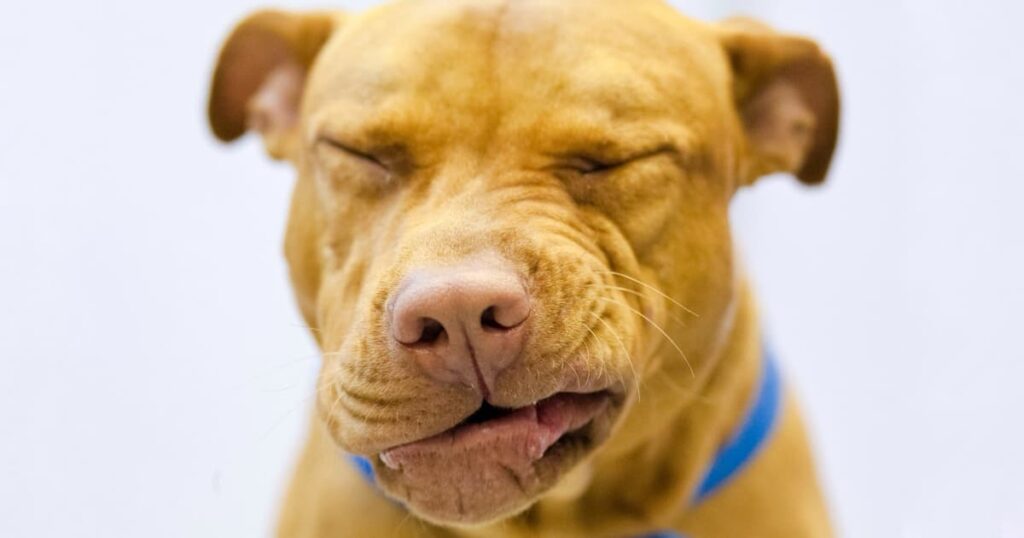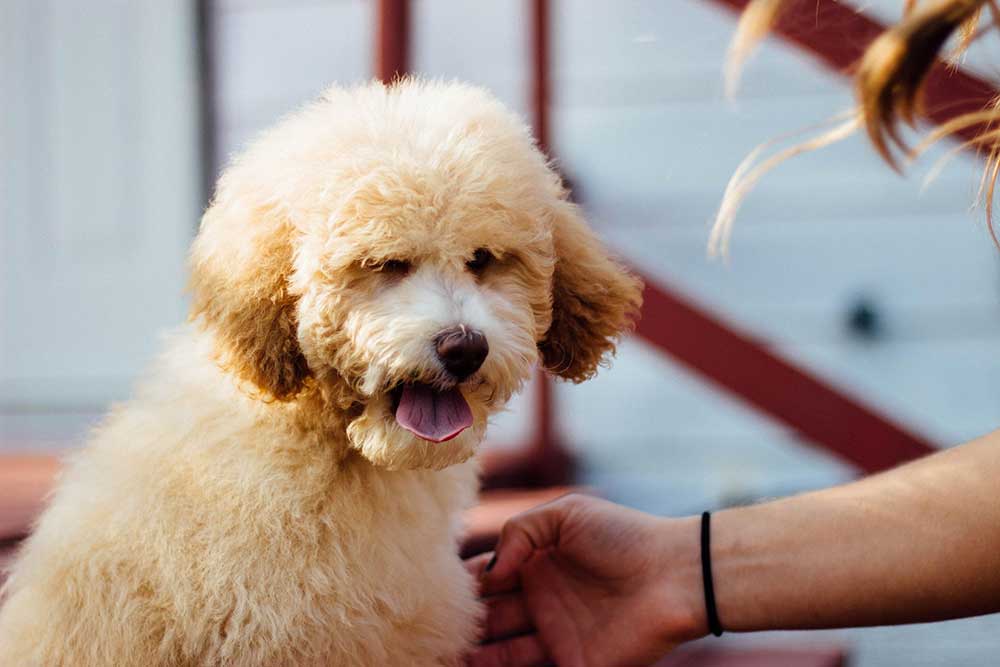Next to fetch, eating used to be your dog’s favorite activity. But lately you’ve noticed a gradual decrease in your dog’s appetite. This can be fairly normal in older dogs – their sense of smell and taste decreases and food just isn’t as appetizing.
The first thing you need to do is rule out the possibility of an underlying health problem. For one thing, your dog’s loss of interest in food could be a result of dental pain or ulcers. Is your dog on any medications? Sometimes a loss of appetite could be a side effect of certain drugs.
Assuming that your dog has been checked out by your veterinarian and there are no underlying issues, there are a few ways you can renew your dog’s interest in his food dish.
Start by gradually adding some variety to your dog’s diet. Try adding salt-free chicken or beef broth and a few lightly cooked vegetables to your dog’s kibble. But remember, if you add variety, do it slowly to avoid any digestive upset. Some older dogs also like their food on the watery side. You can achieve this by incorporating broth to his food. This should help rekindle your dog’s love with mealtime.
Another great way to increase smell and taste appeal is to warm up the food (careful to check it’s not too hot). It instantly becomes more enticing (we apologize for the drool). In fact, it is recommended that foods methods be brought up to room temperature.
A sudden loss of appetite could, however, signal a more serious illness. Check with your vet if your dog refuses to eat for a day or more. If his appetite gradually decrease but diminishes to a dangerously low level, this may also be a sign of something more serious. If you’re concerned, check with your vet.



